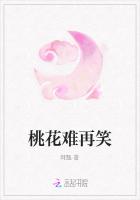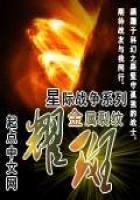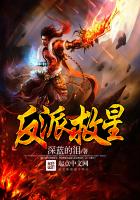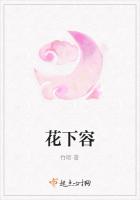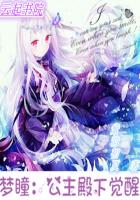"I want to have a talk tonight," said Fred, "about the salt we use at our meals. Shall we, Norah?""Oh, that"s just what I wanted," said his sister. "I have been looking at the lump of white salt in the cupboard all the week. I can"t make out where it came from.""Well then," Fred went on, "teacher tells us that, deep down in the earth, there are great solid beds of salt that stretch for many miles.""Yes," Will joined in, "but it is not lean, white salt, like the salt we see. It looks like stone, it is smooth and shiny, and it is brown, not white. Teacher showed us a piece of it. It is called rock-salt, for it is like rock.""Teacher put a piece of this rock-salt in water, and we saw it dissolve, like other salt," said Fred. "I wonder whether Norah forgets the name for water with salt in it.""Oh no," said his sister quickly, "we call it brine.""Well now," said Fred, "teacher asked us to think about the rain. It falls on the ground, but what becomes of it then?
"Why, it soaks into the earth," said Norah, "because the earth is porous, and absorbs it.""We are making our little girl very clever," said Fred, "but she is quite right. Isn"t it jolly, Will, to have a fine teacher? We couldn"t tell Norah all these things, if he did not take a lot of trouble to make it easy for us.""That"s what I say," said Willie.
"Now tell us, Norah," said Fred, "suppose some of this water, as it soak down into the earth, comes to one of these beds of rock-salt. What would it do to the salt?""Why, I suppose it would dissolve the rock-salt, and make brine," said his sister.
"You are right," said Fred. "That is just what it does. Teacher says when men want to get this brine, they bore a hole through the ground, till they come to the bed of salt. Then they put a long pipe down the hole. The brine runs into the pipe, and then they pump it up.""I think I can tell you the rest," said Norah, who was busy thinking. "They boil the brine, and the salt is left behind.""Yes, they do," said Fred. "They boil it in great pans as big as this room. And that is how we get salt for the table."SUMMARY
Rock-salt is dug out of the earth. It looks like a piece of smooth, shiny stone. Water is always soaking through the earth. Some of this water, as it soaks through, dissolves the rock-salt, and makes brine, and then we get a brine-spring. Men pump up this brine and boil it. The water boils away, and leaves the salt behind. This is the white salt we see on the dinner table.
Lesson 25
A Plant
"I wonder," said Fred, "whether Norah could tell the name for those things, which we dig out of the ground.""Oh, you mean minerals," replied Norah, "like chalk, and clay, and salt, and stone.""Quite right," said Fred. "But teacher showed us some things that are not minerals, although weget them out of the ground. Think of all the pretty flowers in the beds, the carrots, turnips, beans, and potatoes in the garden, the green grass, and the great tall trees.
"We get them all out of the ground, but they are not minerals. They live and grow in the ground. We call them plants. We know they live, because if we treat them badly we can see them die. Minerals lie in the ground, but they are not living things, and they do not grow. Plants are living, growing things.
"Let us look at some plant in the garden. We shall find that one part of it is not at all like another part. Teacher broke a stone with the hammer, and we saw that one piece of the stone is just the same as the other. All minerals are like the stone in this. They have no distinct parts. But each part of the plant is unlike any other part,and has its own work to do. "Look at this plant, and tellus, Norah, what parts of it you can see.""I can see the part that comes out of the ground, and rises up into the air." said Norah.
"Yes," said Fred, "that is the stem stalk.""Then," said Norah, "I can see the green leaves of the stalk.""Quite right, but is there no other part?""Oh, I know," said Norah, "you mean the root, which we can"t see, because it is in the ground.""Don"t forget then," said Fred, "that e ver y plant must have a root, a stem, and leaves. The root feeds the plant.""Now come to the gate, where the sweet-peas are growing over the church," said Fred again. "Can you see anything here that we did not see in the others?""Oh yes," said Norah,
"there are pretty flowers on these."
"So there are," said Fred, "and besides the flowers there are pods with seeds in them. These plants have been growing much longer than the others.""I see," said Norah, "as soon as they began to grow they had a root, a stem, and leaves. When they got big, the flowers and the pods with their seeds came."SUMMARY
Plants live and grow in the ground. Minerals are dug out of the ground, but they do not grow there, and they are not living things. The plant has a root, stem, buds, and leaves, when it is big enough the ?owers and seeds come.
Lesson 26







